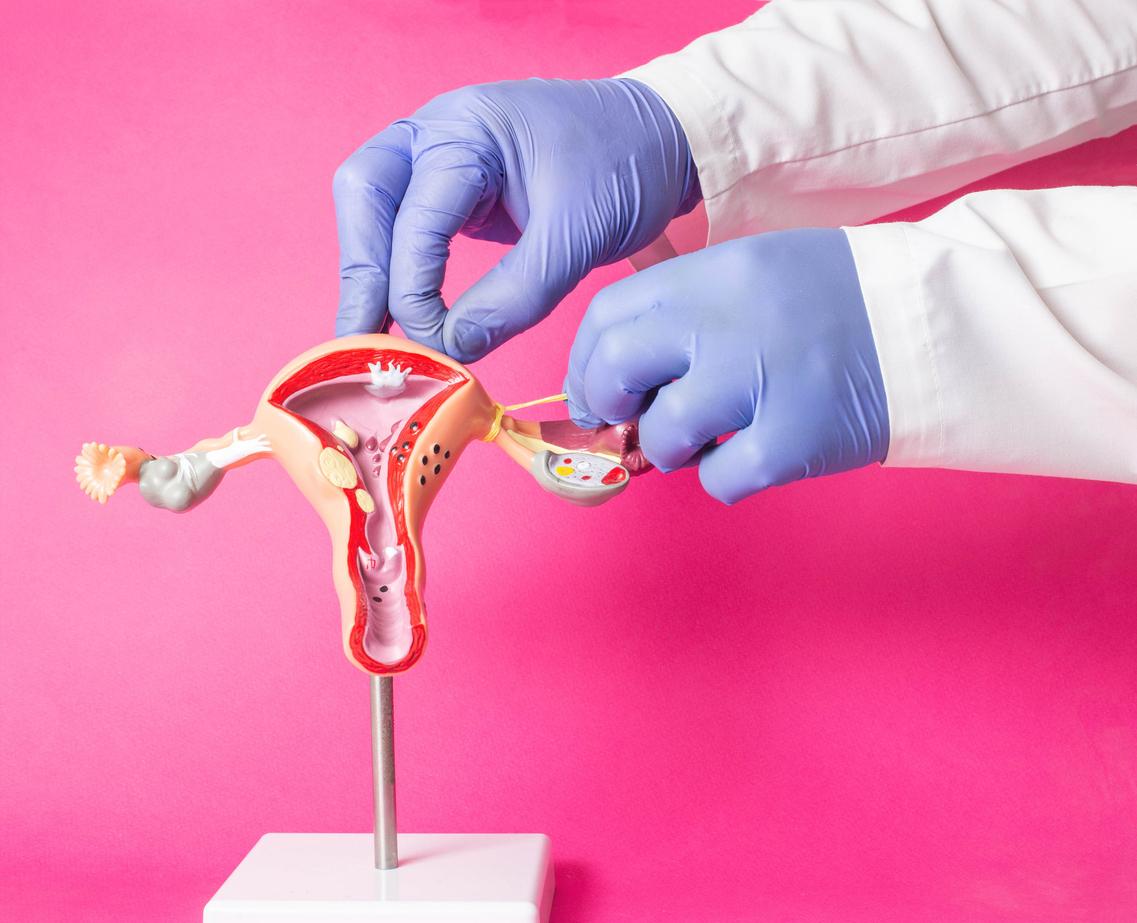Vasectomy has been authorized in France since 2001 but is still little practiced. Concretely, it is a question of ligating the two vas deferens which transport the spermatozoa. With nearly 20% of men “vasectomized” in Anglo-Saxon countries (Canada, USA, United Kingdom), France is indeed largely lagging behind. But vasectomy is gaining ground. Thus, according to Health Insurance figures, in 2018, 9,240 men had chosen vasectomy against only 1,880 in 2010. Extremely reliable, rapid and without sequelae, vasectomy has many advantages.
So why do so few men and couples use it? Lack of information, reluctant urologists, low reimbursements, several reasons explain the lack of enthusiasm for vasectomy in France. Perhaps also the fear of losing virility?
Michael, 36, agreed to share his experience with Top Santé. Married since 2006, he is the father of two children aged 7 and 10. He had a vasectomy in April 2019. He and his wife made this decision in December 2018. Testimony.
Top Santé: What prompted you to perform a vasectomy?
Michael: It is a couple’s decision which corresponds to the final decision not to want any more children. It is very important to consider this operation as irreversible, even if there is a very small chance of reversing it. Above all, it is my wife’s health that is taken into account, we see so many women who suffer from their contraception. Vasectomy is a great way to turn the tables. Especially since for humans, it is a very simple surgical intervention without any after-effects. For my wife this has meant better health and increased libido. She had been on the pill since she was a teenager. She had tried several because she suffered from headaches. I wanted to perform a vasectomy to finally take responsibility for contraception in the couple and for her health.
How did you think about the vasectomy?
We had this in mind for years because we knew the practice. Several men in my family are open to it and have had a vasectomy. It gave me and my wife a chance to seriously think about the issue. If I had not known this practice, I would undoubtedly have been like everyone else: reluctant because I did not know.
What is the procedure to follow once this decision has been made?
First of all, you must consult a urologist and inform him of your intention. It’s good to go together when you are a couple. The woman is questioned a lot during the interview: has she tried all the means of contraception? He went through all the means available and asked us about our determination to perform a vasectomy. Since my wife had never had an IUD, he asked her if she had thought about this method of contraception. But it was pretty brief. Considering my age, he wanted to make sure we were sure of ourselves. We therefore repeated our desire to perform the operation. The urologist then gave us a four-month cooling-off period (legal cooling-off period, according to the law of July 4, 2001). We made a date for the operation. On the big day, we again expressed our wish during a preoperative interview.
How is the operation going?
It’s very fast. I entered the hospital in the morning and left in the afternoon. You can do a vasectomy under local anesthesia but for me it was general anesthesia. The operation lasts about twenty minutes. You can walk right after the operation, even if you are muddy and cannot drive. I was operated on around 9 a.m. At noon, I was back in my room, I ate, everything was going very well. I was a little apprehensive about the post-operative pain, but it was largely bearable. You may need to put a little ice on the testicles, but it’s really not much.
You really didn’t have more pain?
The pains were very moderate. For 48 hours, when I walked, it was painful, I walked like a cowboy! But sitting or lying down, it was very bearable. I took very little painkiller, paracetamol. You have to watch for scarring – two stitches on each side of the testicles – but otherwise there is no post-operative care to be performed. I returned to work after five days – I would like to point out, however, that I do not have any physical work. I was driving too. Life was resuming quite normally.
And immediately, you were sterile?
No ! The woman can still get pregnant in the following weeks because there may still be living sperm in the semen fluid. You must continue contraception for another three months and then have a spermogram to confirm the absence of sperm. This is done in the lab and is really part of the journey.
Have you been reimbursed by Social Security?
No, not entirely. I had, in my head, 250 euros to pay in excess of fees. And, even if we didn’t do it for that, the books quickly balanced because my wife’s pill, which saved her headaches, was expensive and was not reimbursed.
From a sexual point of view, did you notice erectile dysfunction in the days and weeks that followed?
I was able to have an erection within a week. Normally, you have to be sober for a week, but you didn’t even follow the instructions. Vasectomy has absolutely no effect on the erection!
You and your wife were still very young to make such a decision.
Yes, we are young. But we were really sure of ourselves. I have never regretted it, on the contrary. When you see all these topics on the side effects of female contraception, or when I hear about it around me, my choice has really been reinforced! I know some urologists recommend not to have this operation so young – they advise the patient to wait 40 years or more – but ours does not at all.
How did the men around you react?
Clearly, the first reaction is worry about virility, but that doesn’t change anything! I feel the men are still very reluctant. None of the men I’ve spoken to are motivated to do so even though they don’t want any more children. There is an apprehension, a fear, and the “just in case I am going to start a new life” aspect that holds them back. On the other hand, in women who do not want any more children, I really feel the desire to be in the situation of my wife and that their companion also performs a vasectomy. It’s a really very different look between women and men.
How do you judge the way people talk about vasectomy in France?
On the practice, still young in France, there is really a big lack of information. So much so that I sometimes wonder if there isn’t a lobbying of the pharmaceutical industries so that we don’t talk about it more! It’s strange to say so little about vasectomy in our society where we still express ourselves easily. On the other hand, I realize via social networks that more and more women are stopping their contraception. It lacks a click for men to finally take an interest in it and, in turn, take the plunge.
Why did you agree to testify for Top Santé?
I answer because it makes talk about the project and I think that this kind of article is important to move the lines. I also created a Facebook page Vasectomy-feedback. Some people write to me as a personal message. Some testify. But I don’t even have 100 subscribers … it shows how little enthusiasm is still in France for the subject.
- Learn more about World Vasectomy Day: https://www.worldvasectomyday.org/
- More info on the site of the Association for Research and Development of Male Contraception (ArDeCom)


















